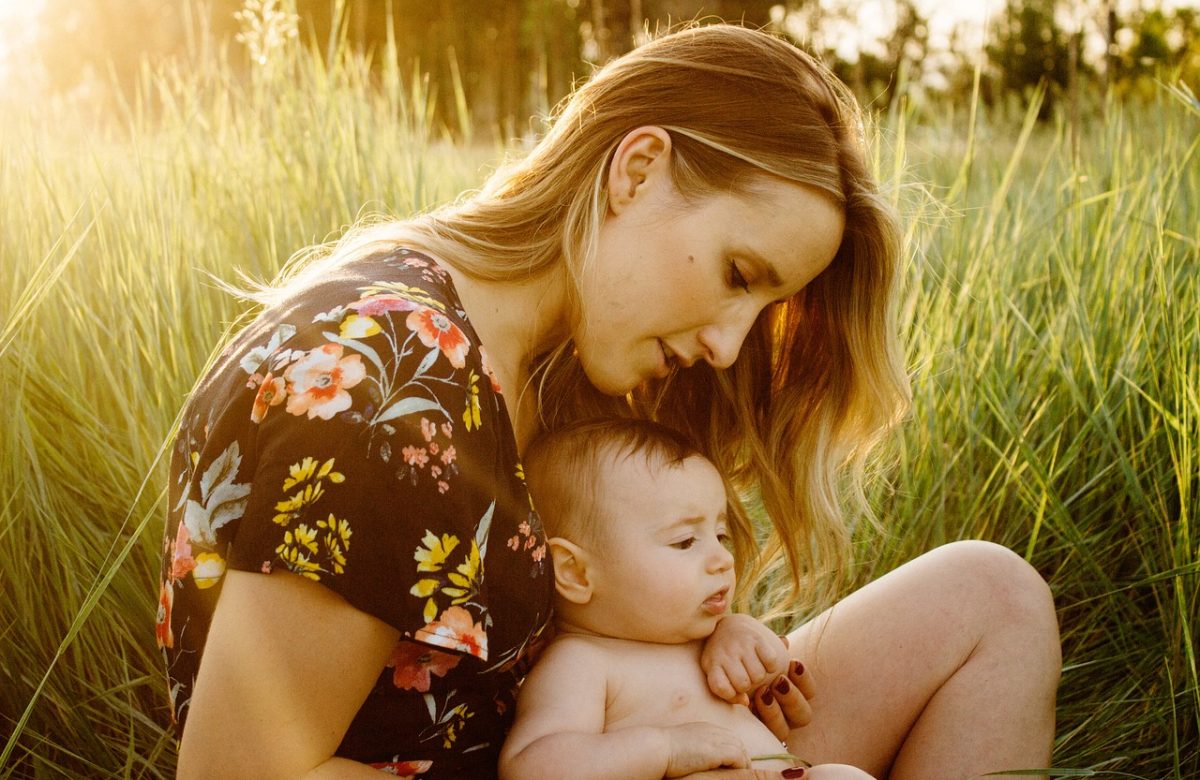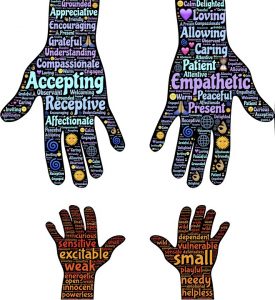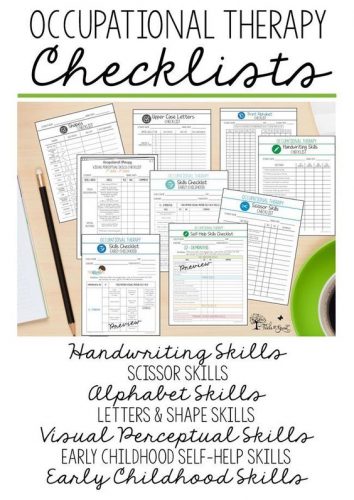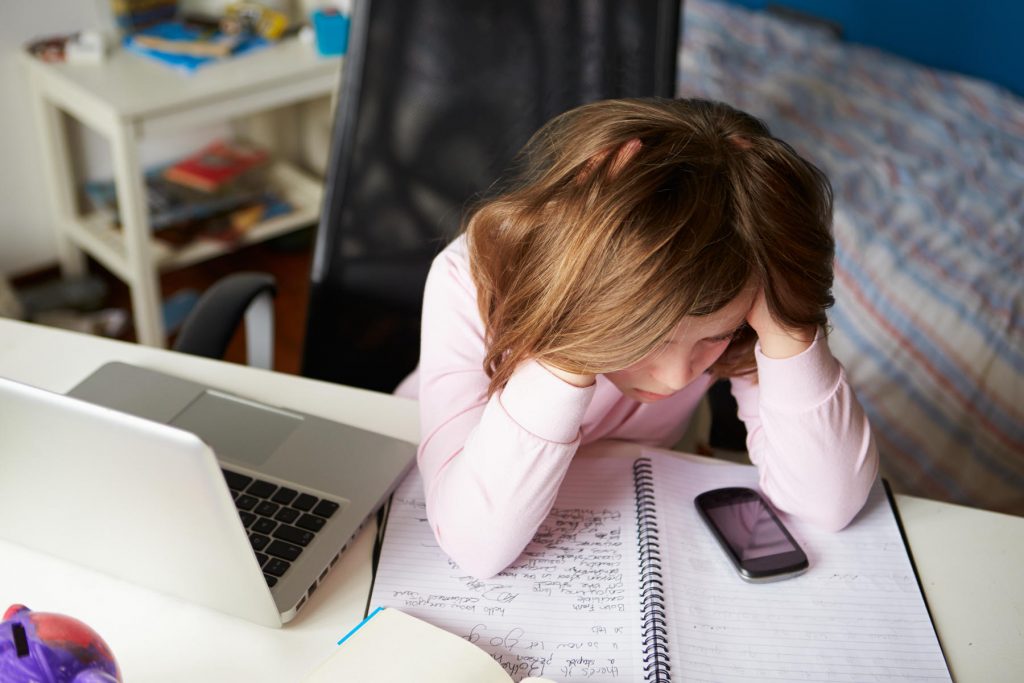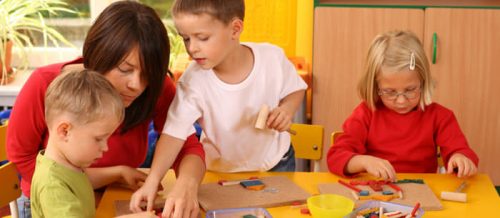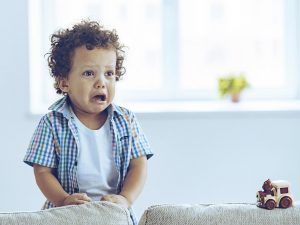Last week, we spoke to a woman who used to get sheltered too much by her parents, to the extent that she was only allowed to watch TV at home, and nothing else. Riding a bike was a no-no because mom did not want her to scrape her legs. Dad was quite strict about studying, saying young kids should focus on it even on the weekends to have a better future. Hence, the woman could not remember a day when she was able to play outdoors like the other children in the neighborhood.
That is unacceptable, frankly speaking, since pediatric specialists keep on seeing that their patients who have started battling a mental disorder early happen to be the kids who never commune with nature. They stay indoors most of the time, playing video games or merely staring at the corners of the house. While their friends are hanging out at the park or a friend’s house, they end up not even getting some sun for days. If you must know, this lack of socialization and vitamin D deficiency often push people down the depression lane.
To supplement this argument, in a study conducted by Frances E. Kuo, PhD, on the possible treatment to ADHD by exposure to nature, she was able to conclude that, “Overall, our findings indicate that exposure to ordinary natural settings in the course of common after-school and weekend activities may be widely effective in reducing attention deficit symptoms in children.”

The fact mentioned above does not make over-sheltering kids seem so ideal now, does it? Your children may not get influenced or bullied by others, they won’t ever be at risk of being in an accident, but the prolonged stay indoors affects their mental health adversely.
Marilyn Price-Mitchell, PhD, further convinces us that “There are many scientific studies that underscore the benefits of nature, including stress relief, improved short-term memory, increased mental energy, less inflammation, better vision, improved concentration, creativity, and improved mental health. For families, the great outdoors is a natural playground that contributes to a child’s positive development.”
Let us give you a few more reasons not to let your kids stay cooped up at home.
1. It Stimulates The Senses
Being in nature more often typically makes a child’s senses sharper than ever. They get to play with soil, feel the grass under their feet, smell the flowers, see bugs and explore other things that can occur outdoors. These are the things that they can only understand in theory or through descriptions in books if you don’t allow them to go outside.

2. It Enhances Cognitive Skills
Danae Lund, PhD, LP, opines that “unstructured outdoor play helps kids learn to take turns, share and develop other positive behavioral skills. They are more likely to be inventive, explore and learn about the world around them and use their own abilities.” The environment consists mainly of living things that grow and wither. As said earlier, there may also be creatures or plant species that may switch on the curious side of the kids and cause them to observe what they do, what their colors are, and how big they become. That can improve their thinking skills better than tuning into National Geographic at home.
3. It Relieves Stress
In case you have not fathomed it before, children can acquire stress from the activities they need to accomplish every day. For instance, they got to wake up at six in the morning when there’s school, participate in class discussions until around three in the afternoon, and still have dinner and do their homework before resting at night. If such kids don’t go out once in a while, they won’t have an outlet for their stress.
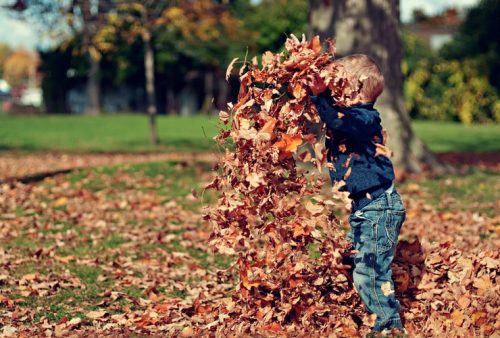
4. It Builds Up Creativity
It is best to take the young ones to a natural park that does not have slides and swings, to be honest. With the man-made playthings on site, after all, it seems automatic for children to know how they should play. However, if they are in an open field with some huge trees, it will enable them to use their imagination and create different games on their own.
Final Thoughts
Depression and anxiety are two of the most common disorders that kids as young as three years old can develop. They tend to isolate themselves from youngsters their age and, worse, even attempt to self-harm at times. If you don’t want your child to be part of the statistics, though, it matters to encourage him or her to leave the house sometimes and play outdoors like the others to boost their mental health.
Good luck!
